Choosing the Right Collar for Your Dog
Choosing the Right Collar for Your Dog
Selecting the perfect collar for your furry companion may seem like a simple task, but with so many options available, it can quickly become overwhelming. Your dog's collar is not just a fashion accessory; it's a vital tool for their safety and comfort. Here's a comprehensive guide to help you choose the right collar for your dog:
1. Consider Your Dog's Size and Breed
The size and breed of your dog play a significant role in determining the type of collar that will best suit them. Larger dogs may require wider collars for better support, while smaller dogs may be more comfortable with narrower collars. Breeds with short noses, such as pugs or bulldogs, may benefit from a harness instead of a collar to avoid pressure on their windpipe.
2. Choose the Right Material
Collars come in a variety of materials, including nylon, leather, and fabric. Each material has its pros and cons. Nylon collars are durable and easy to clean, while leather collars are stylish and long-lasting. Fabric collars are lightweight and comfortable, but they may not be as durable as nylon or leather.
3. Consider Your Dog's Activity Level
Your dog's activity level should also influence your choice of collar. If your dog is highly active or tends to pull on the leash, a sturdy collar with a secure buckle or clasp is essential. For more relaxed dogs, a lighter, more flexible collar may be sufficient.
4. Think About Safety Features
Safety should be a top priority when choosing a collar for your dog. Look for collars with reflective strips or stitching for better visibility in low-light conditions. Avoid collars with choking hazards, such as dangling tags or decorations, which could pose a risk to your dog's safety.
5. Ensure Proper Fit
The collar should fit snugly around your dog's neck, with enough room to fit two fingers between the collar and your dog's skin. A collar that is too tight can cause discomfort or injury, while a collar that is too loose may slip off or become a choking hazard.
6. Consider Special Needs
If your dog has special needs, such as a medical condition or behavioral issue, you may need to choose a collar that addresses those needs. For example, dogs with tracheal issues may benefit from a harness instead of a collar, while dogs with skin allergies may require a hypoallergenic collar.
In conclusion, choosing the right collar for your dog involves considering their size, breed, activity level, and any special needs they may have. By taking these factors into account and selecting a collar that is safe, comfortable, and durable, you can ensure that your furry friend stays safe and stylish on all their adventures.
Selecting the perfect collar for your furry companion may seem like a simple task, but with so many options available, it can quickly become overwhelming. Your dog's collar is not just a fashion accessory; it's a vital tool for their safety and comfort. Here's a comprehensive guide to help you choose the right collar for your dog:
1. Consider Your Dog's Size and Breed
The size and breed of your dog play a significant role in determining the type of collar that will best suit them. Larger dogs may require wider collars for better support, while smaller dogs may be more comfortable with narrower collars. Breeds with short noses, such as pugs or bulldogs, may benefit from a harness instead of a collar to avoid pressure on their windpipe.
2. Choose the Right Material
Collars come in a variety of materials, including nylon, leather, and fabric. Each material has its pros and cons. Nylon collars are durable and easy to clean, while leather collars are stylish and long-lasting. Fabric collars are lightweight and comfortable, but they may not be as durable as nylon or leather.
3. Consider Your Dog's Activity Level
Your dog's activity level should also influence your choice of collar. If your dog is highly active or tends to pull on the leash, a sturdy collar with a secure buckle or clasp is essential. For more relaxed dogs, a lighter, more flexible collar may be sufficient.
4. Think About Safety Features
Safety should be a top priority when choosing a collar for your dog. Look for collars with reflective strips or stitching for better visibility in low-light conditions. Avoid collars with choking hazards, such as dangling tags or decorations, which could pose a risk to your dog's safety.
5. Ensure Proper Fit
The collar should fit snugly around your dog's neck, with enough room to fit two fingers between the collar and your dog's skin. A collar that is too tight can cause discomfort or injury, while a collar that is too loose may slip off or become a choking hazard.
6. Consider Special Needs
If your dog has special needs, such as a medical condition or behavioral issue, you may need to choose a collar that addresses those needs. For example, dogs with tracheal issues may benefit from a harness instead of a collar, while dogs with skin allergies may require a hypoallergenic collar.
In conclusion, choosing the right collar for your dog involves considering their size, breed, activity level, and any special needs they may have. By taking these factors into account and selecting a collar that is safe, comfortable, and durable, you can ensure that your furry friend stays safe and stylish on all their adventures.

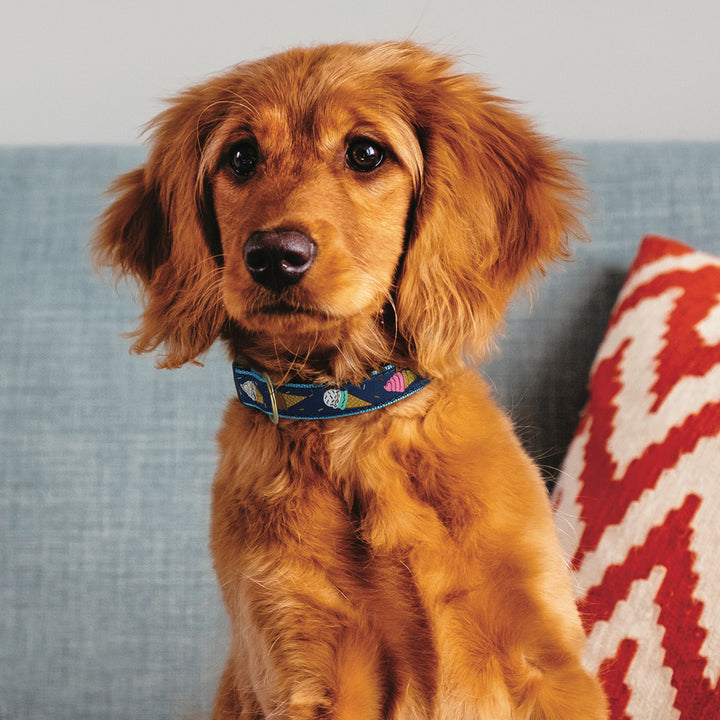
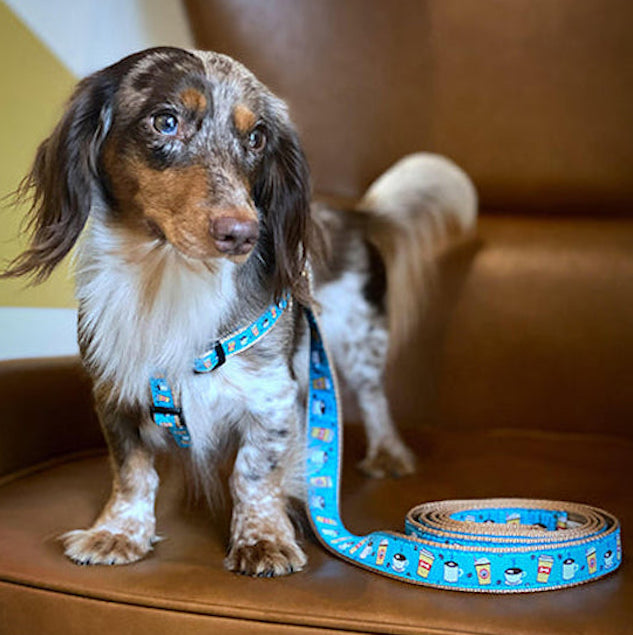
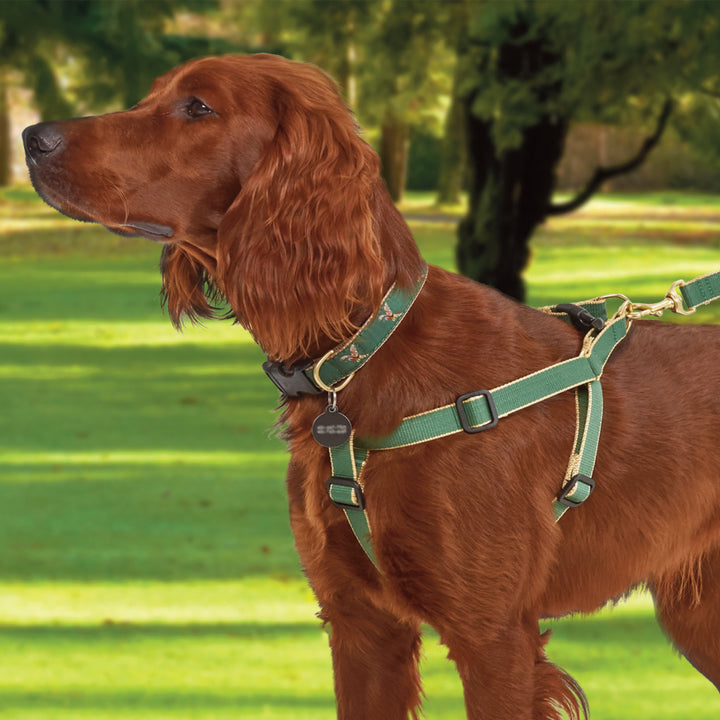


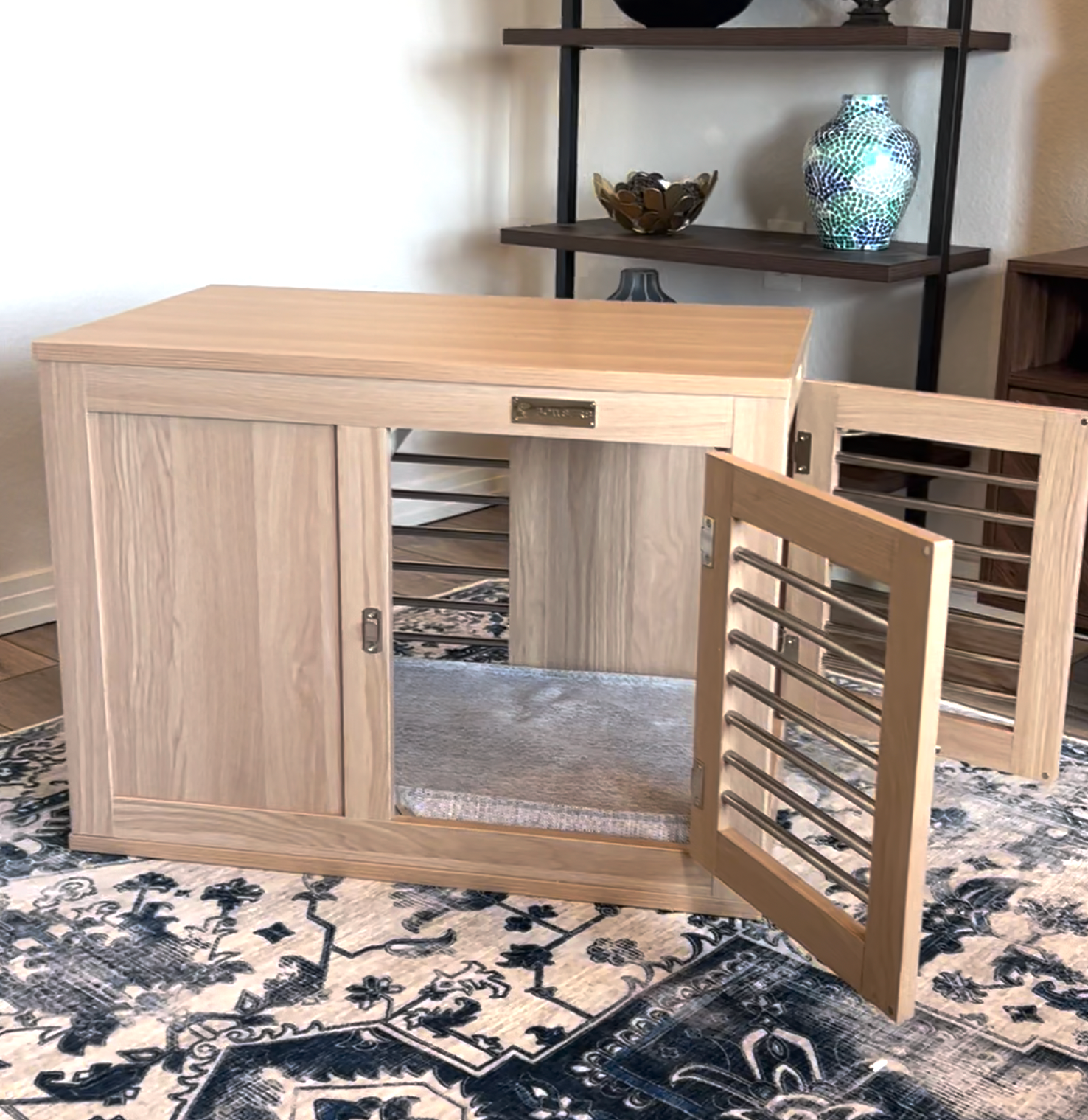

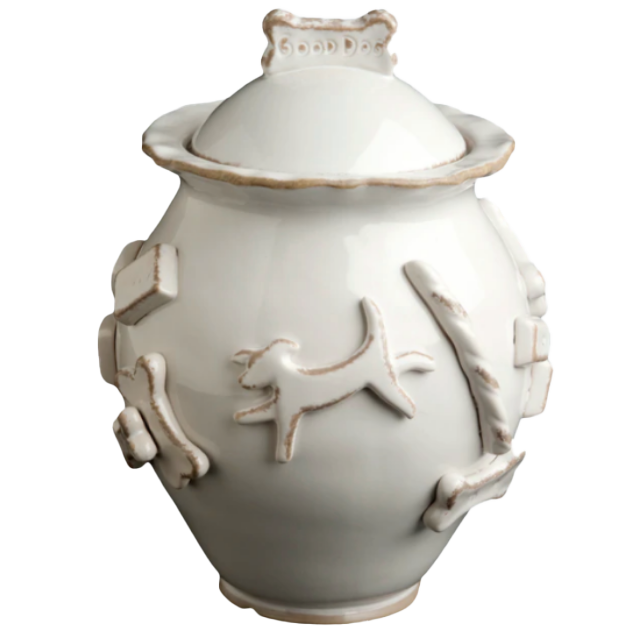
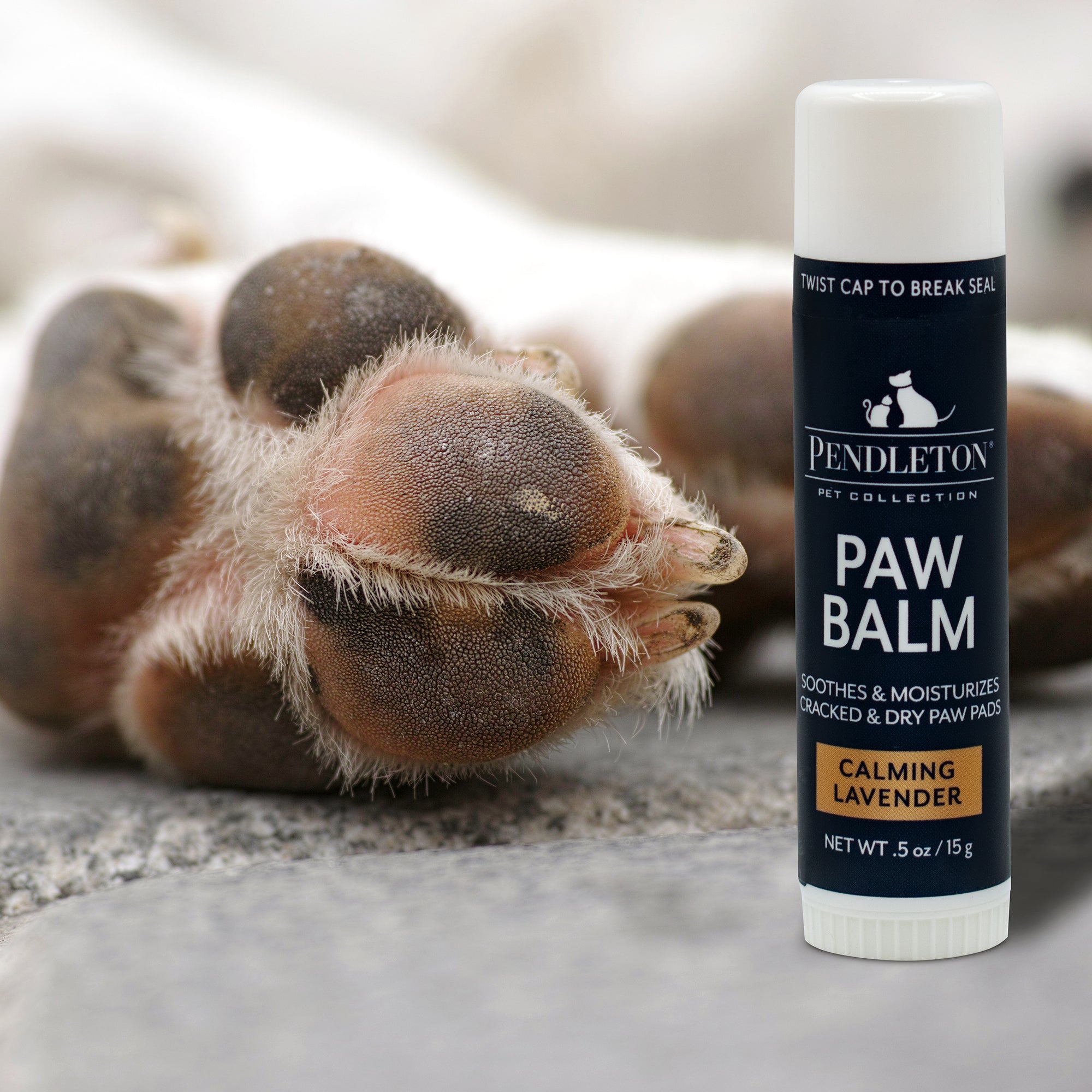
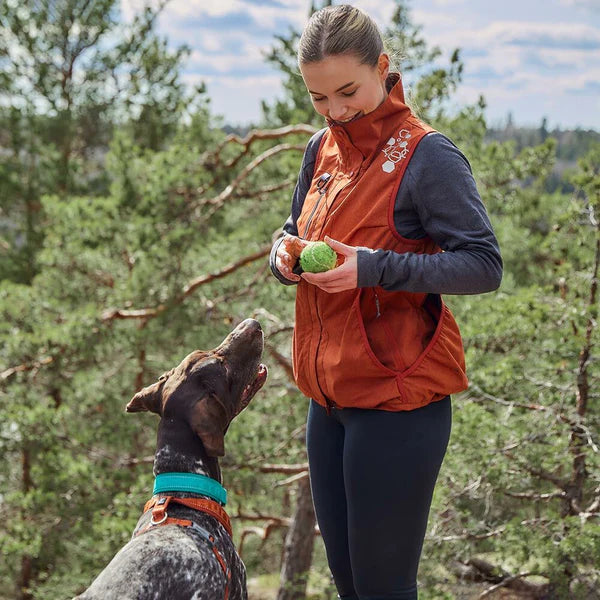
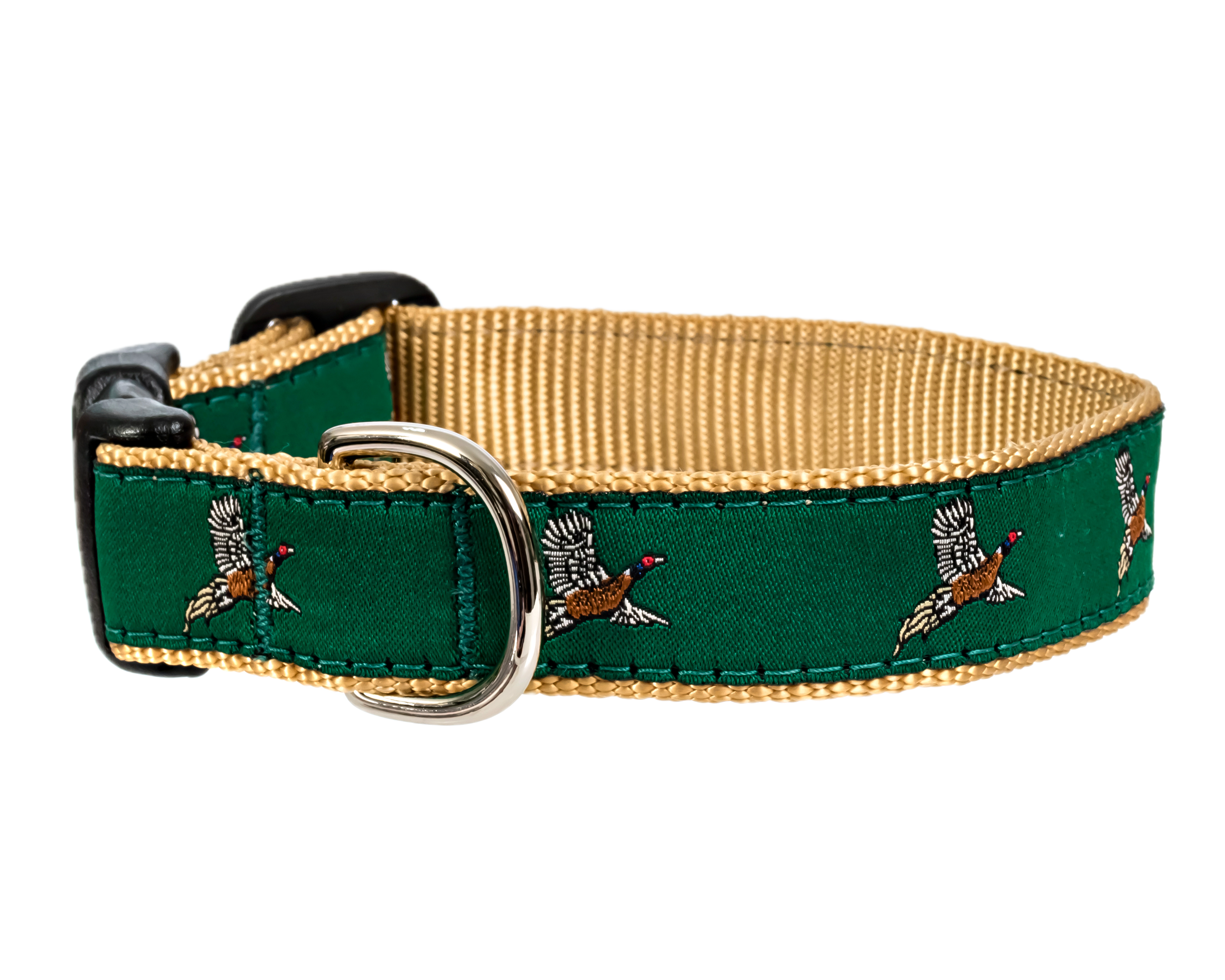
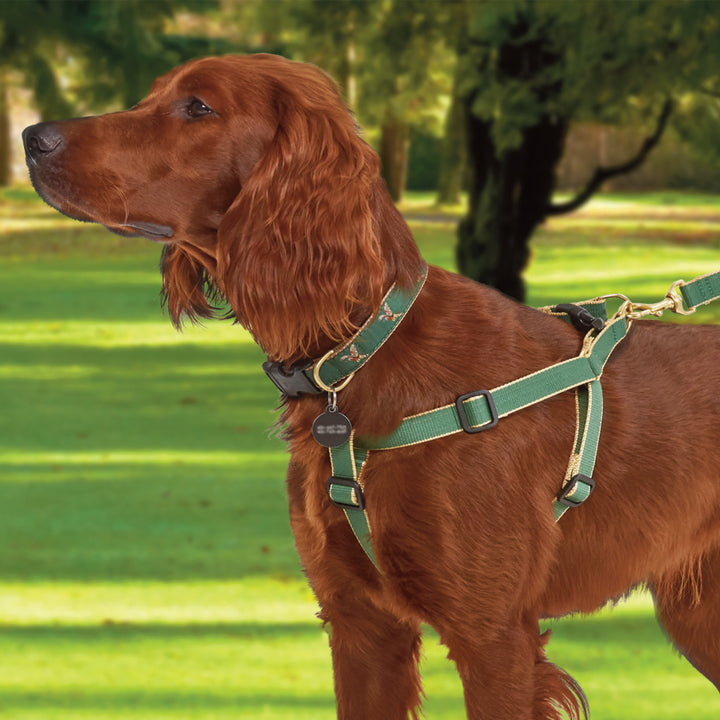
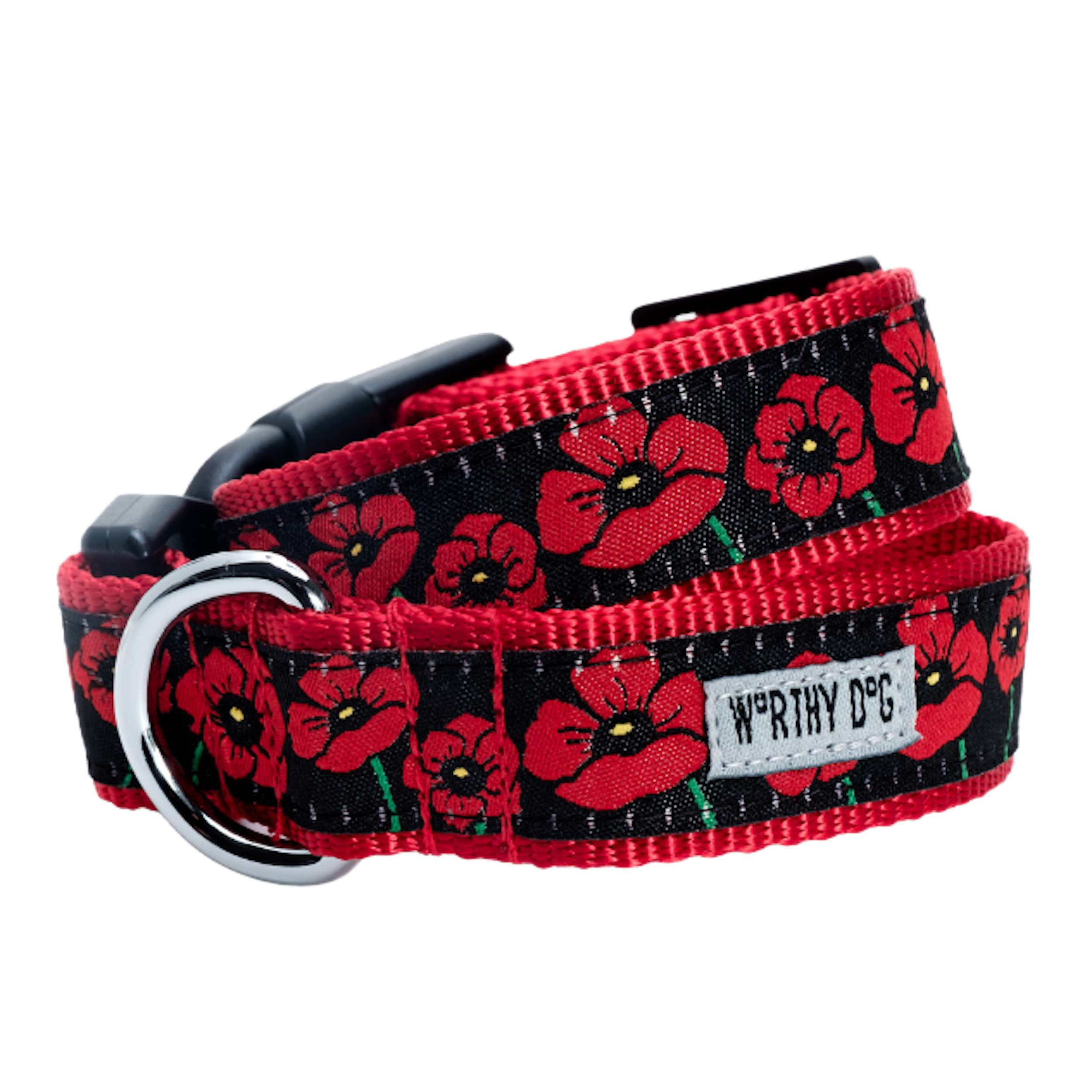
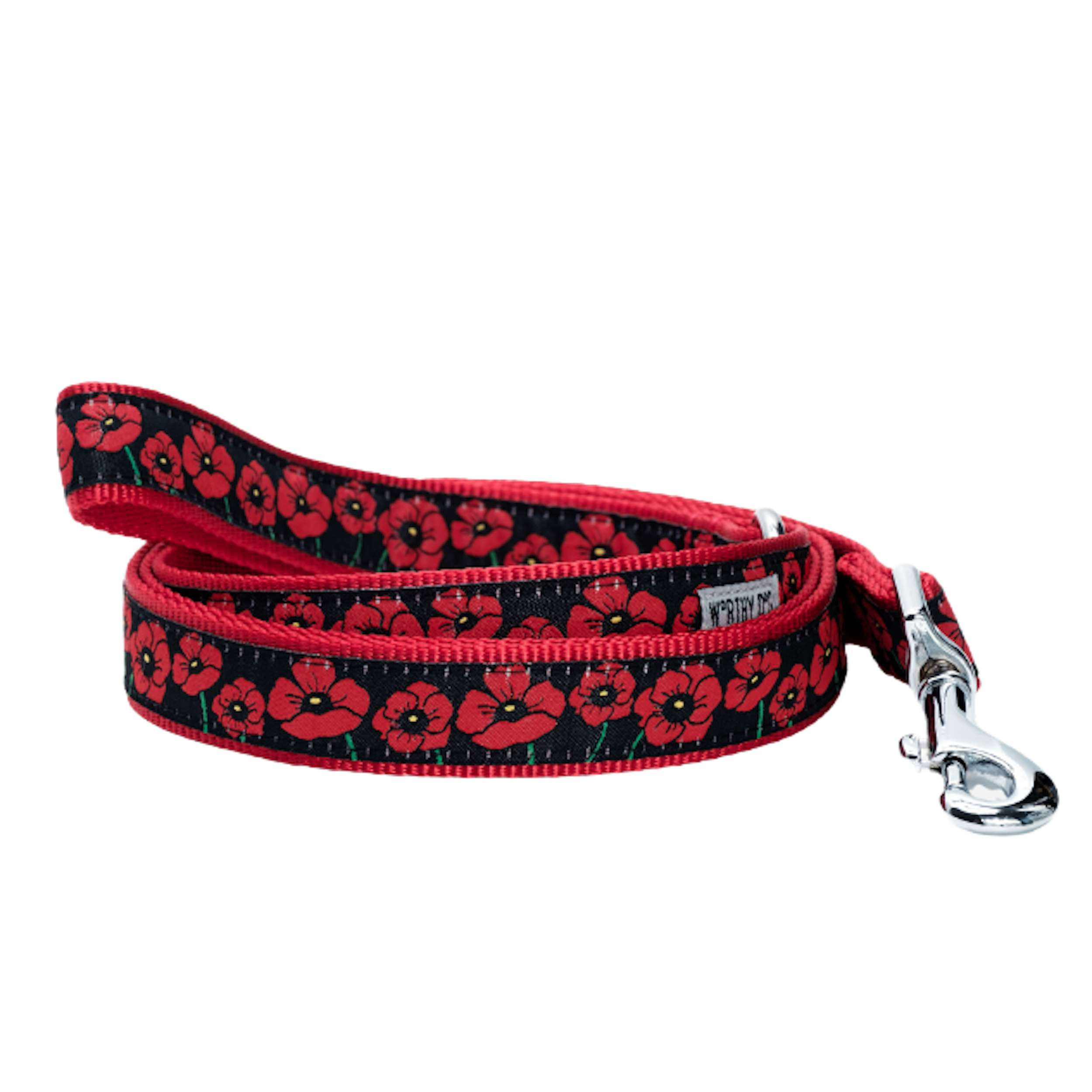
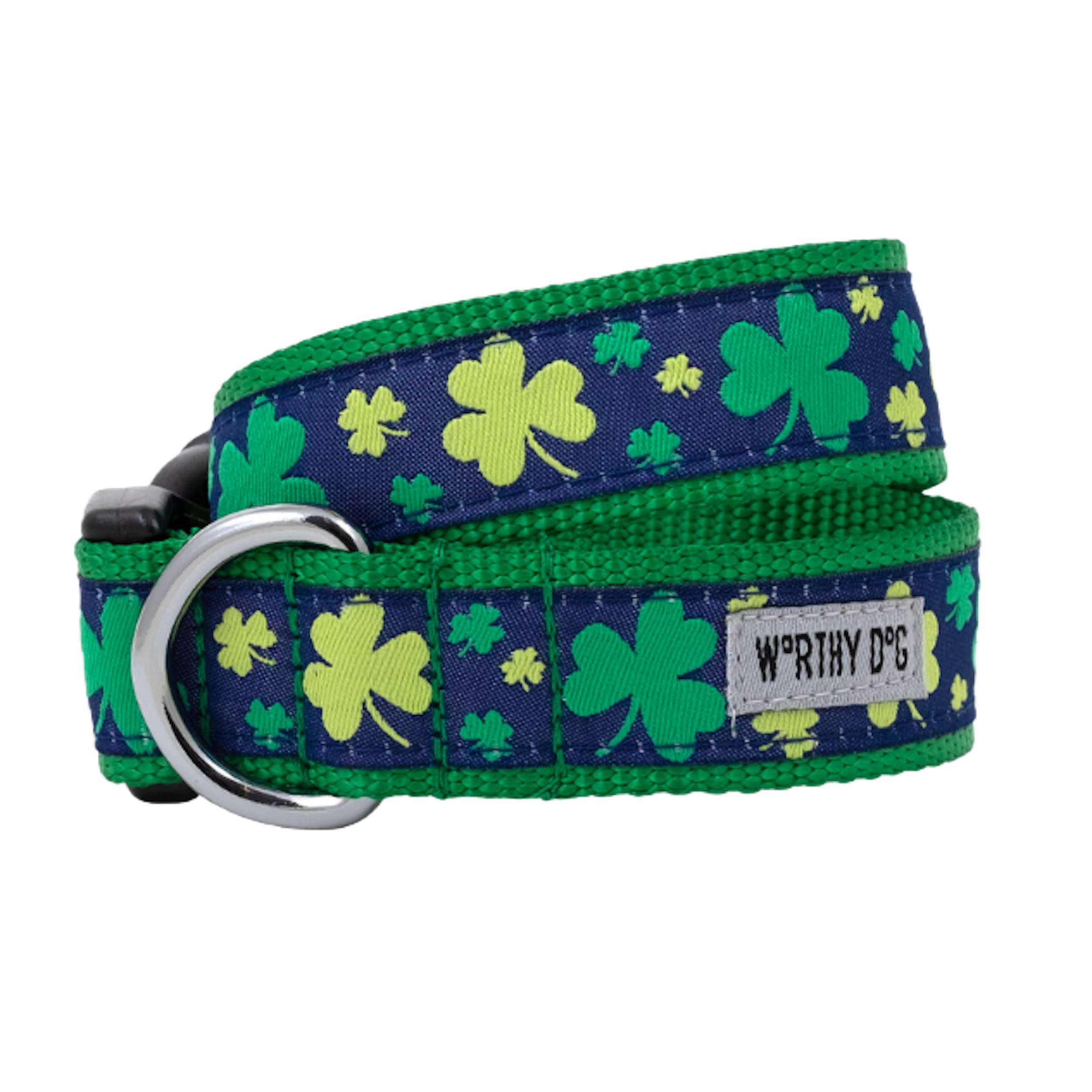
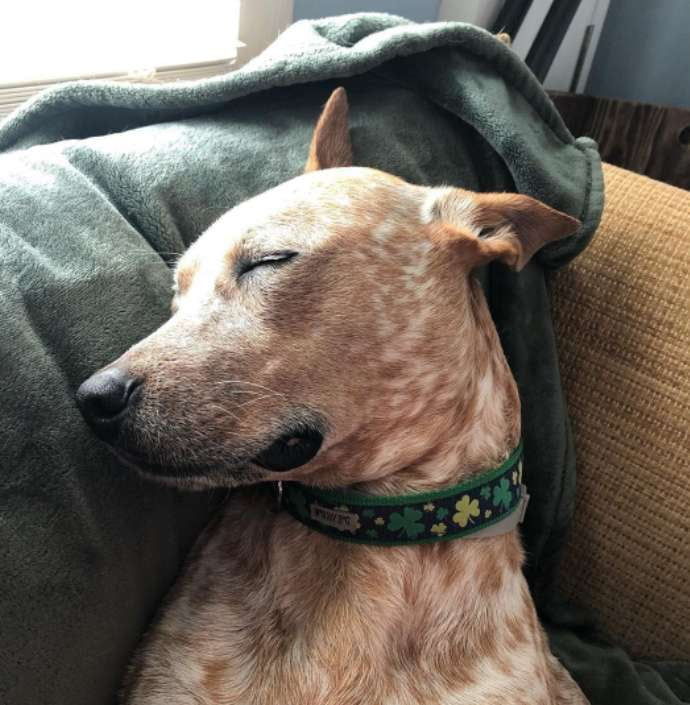
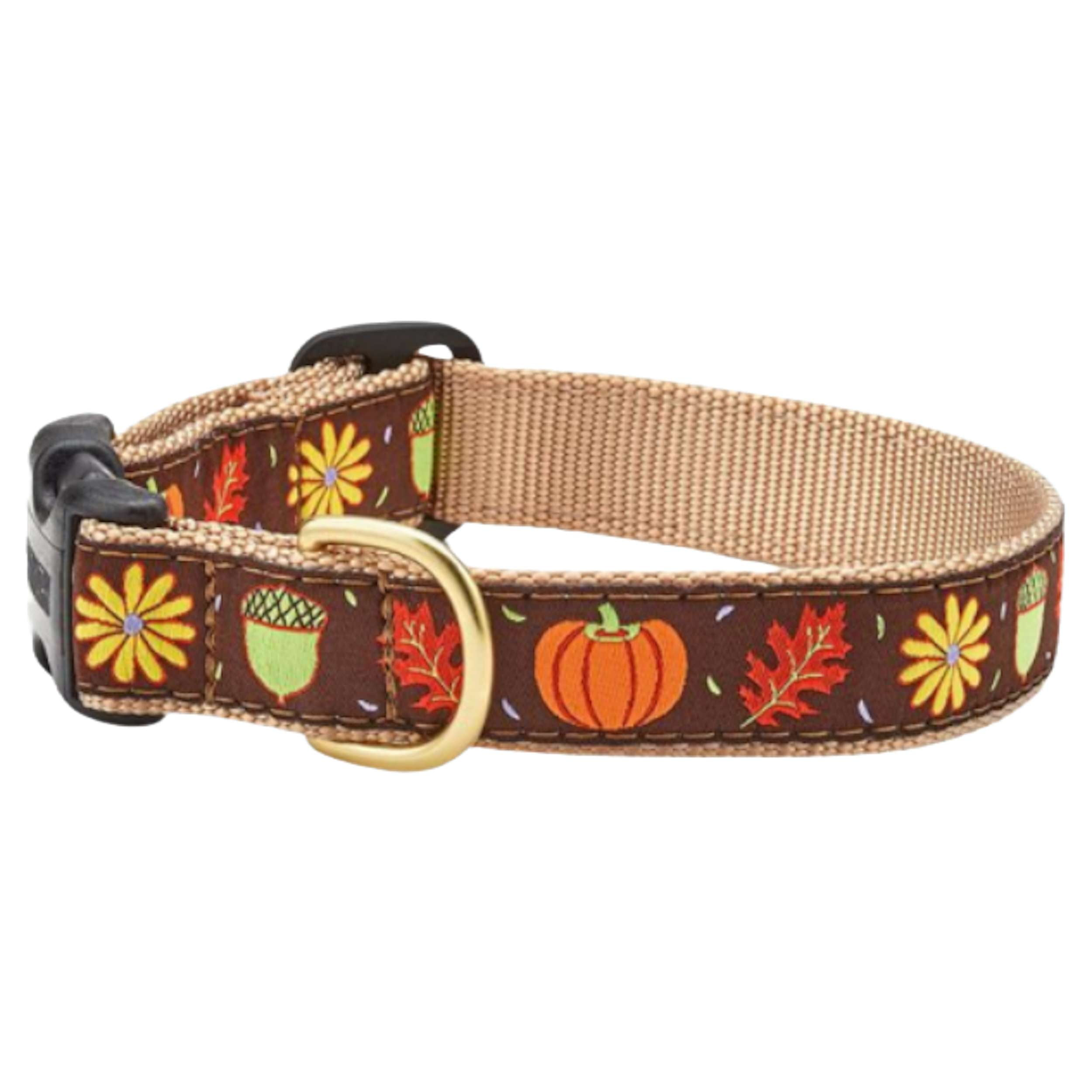
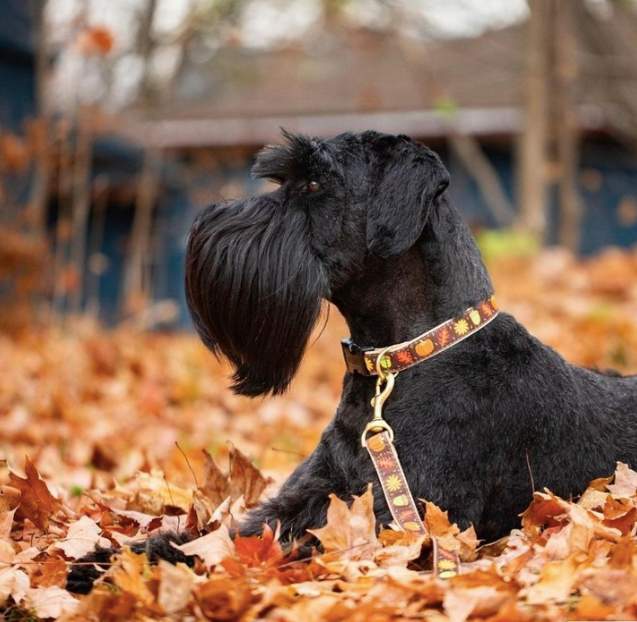
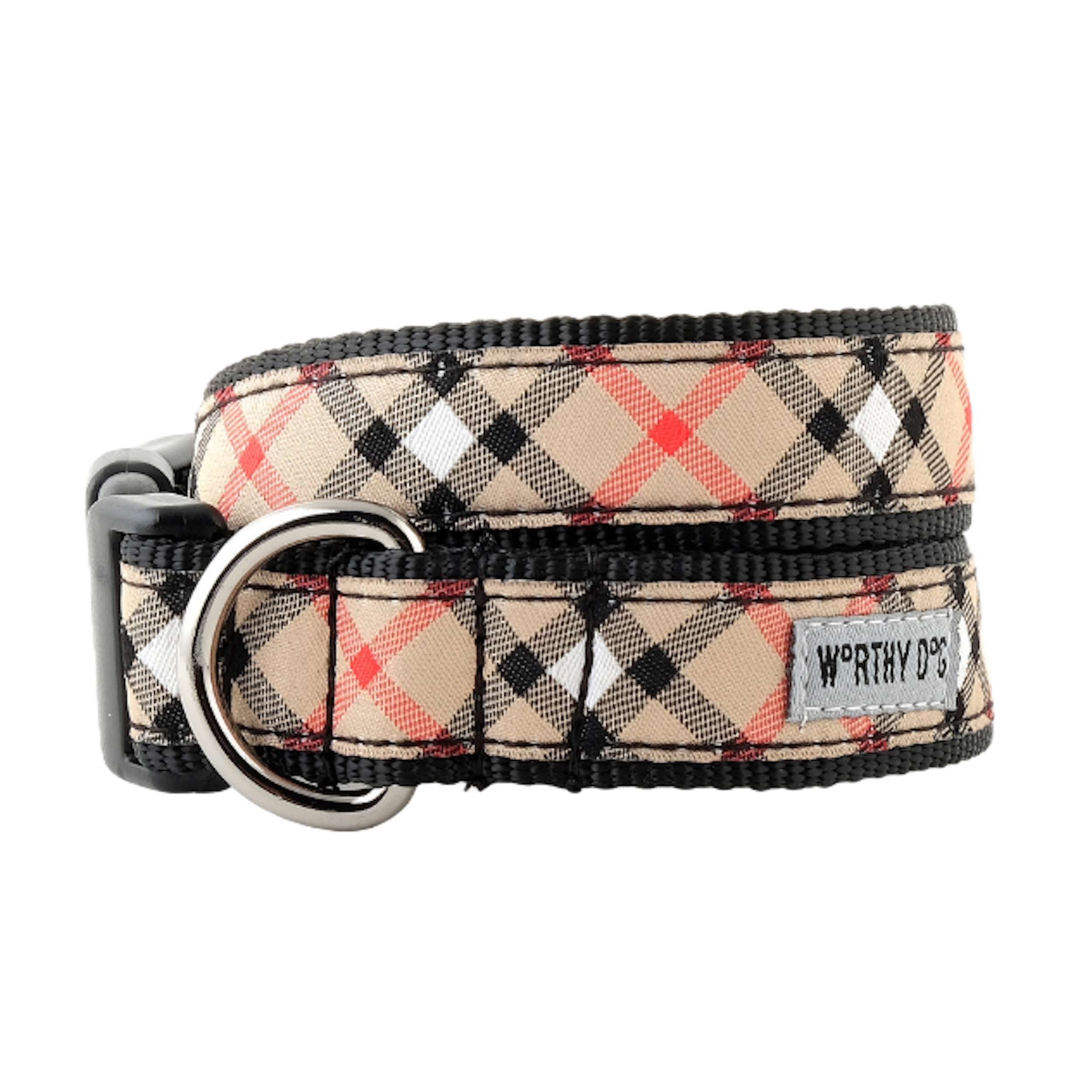
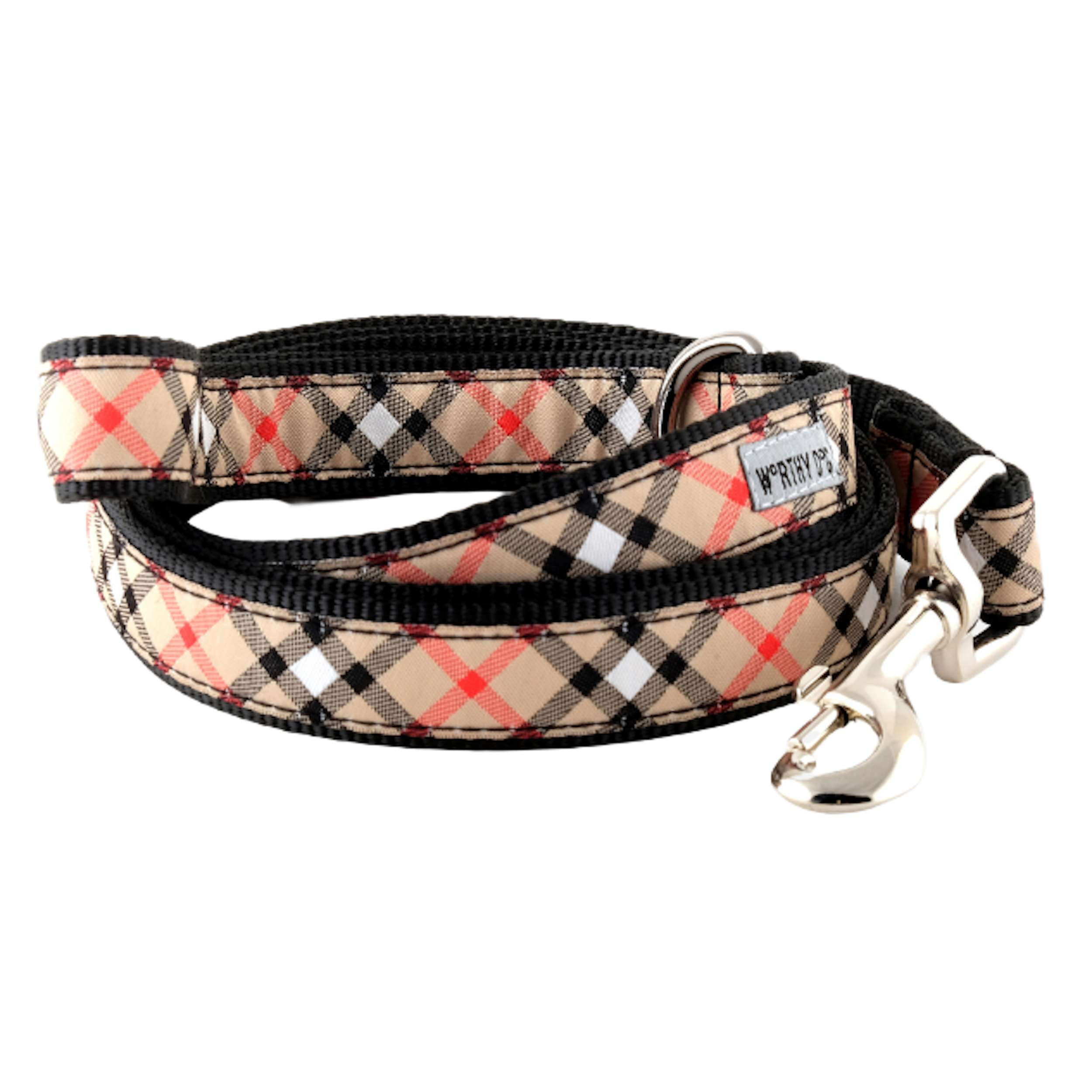
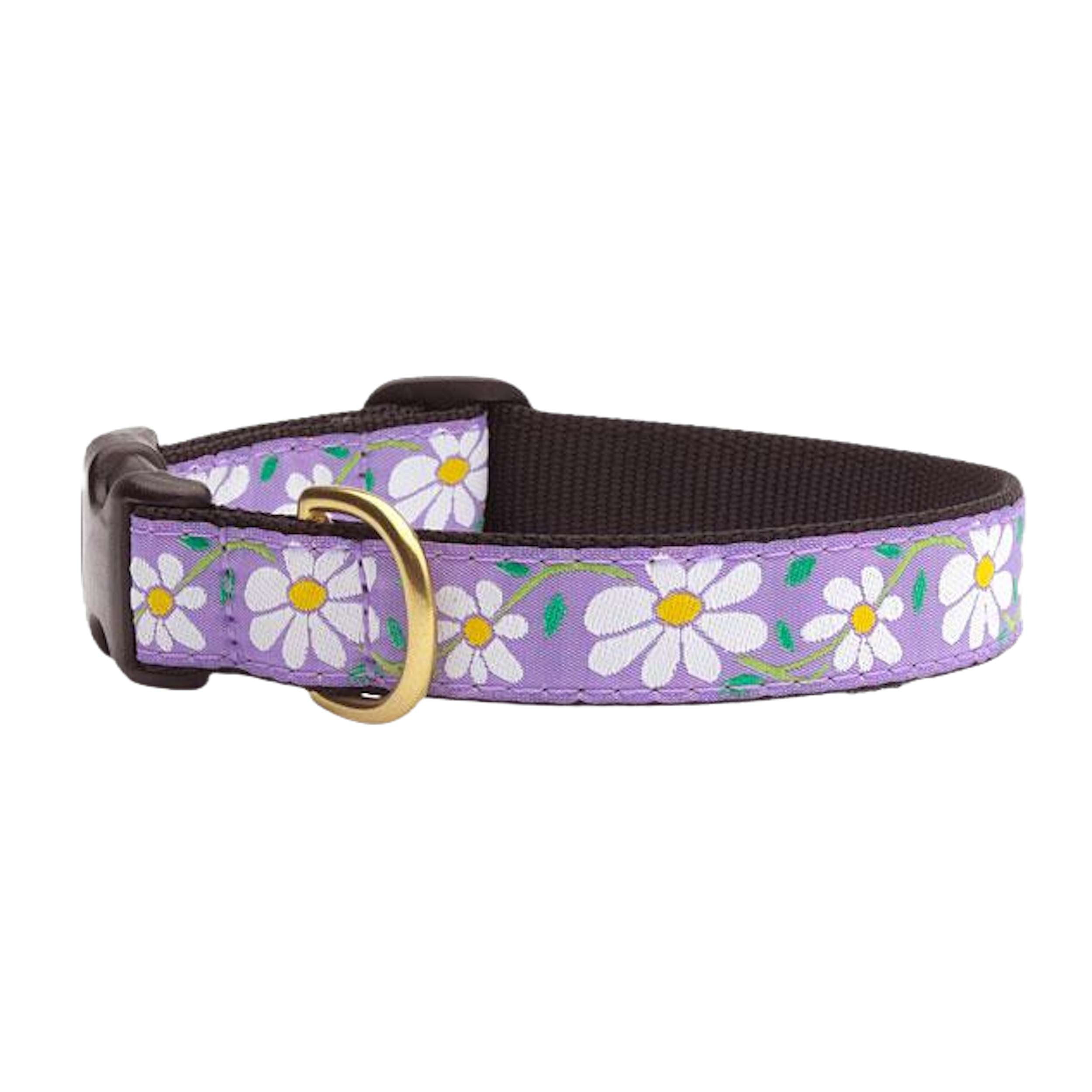
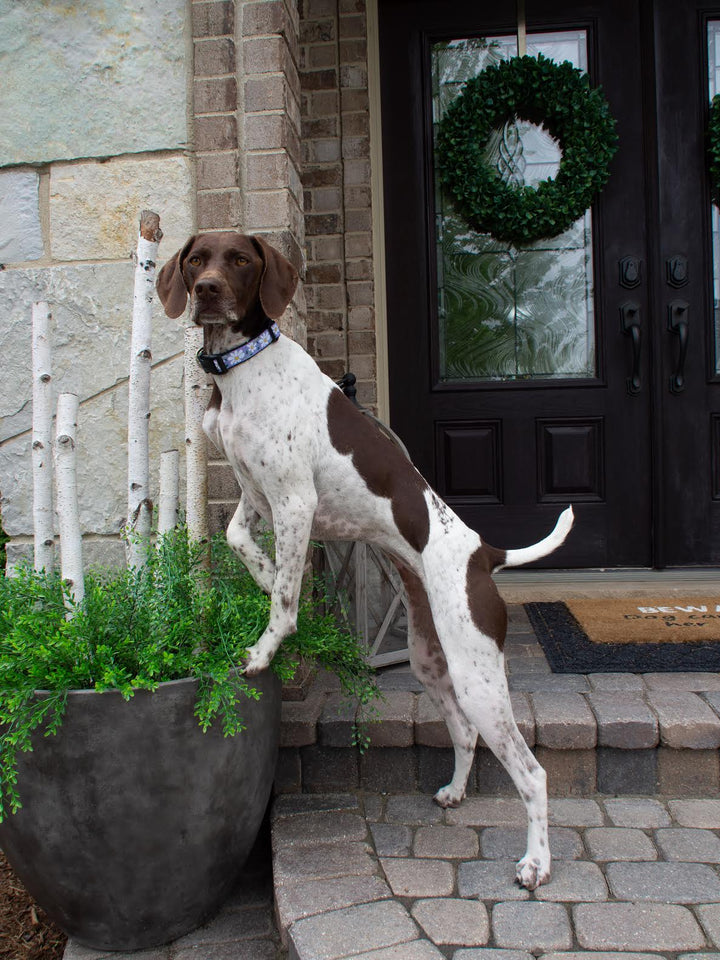
Leave a comment